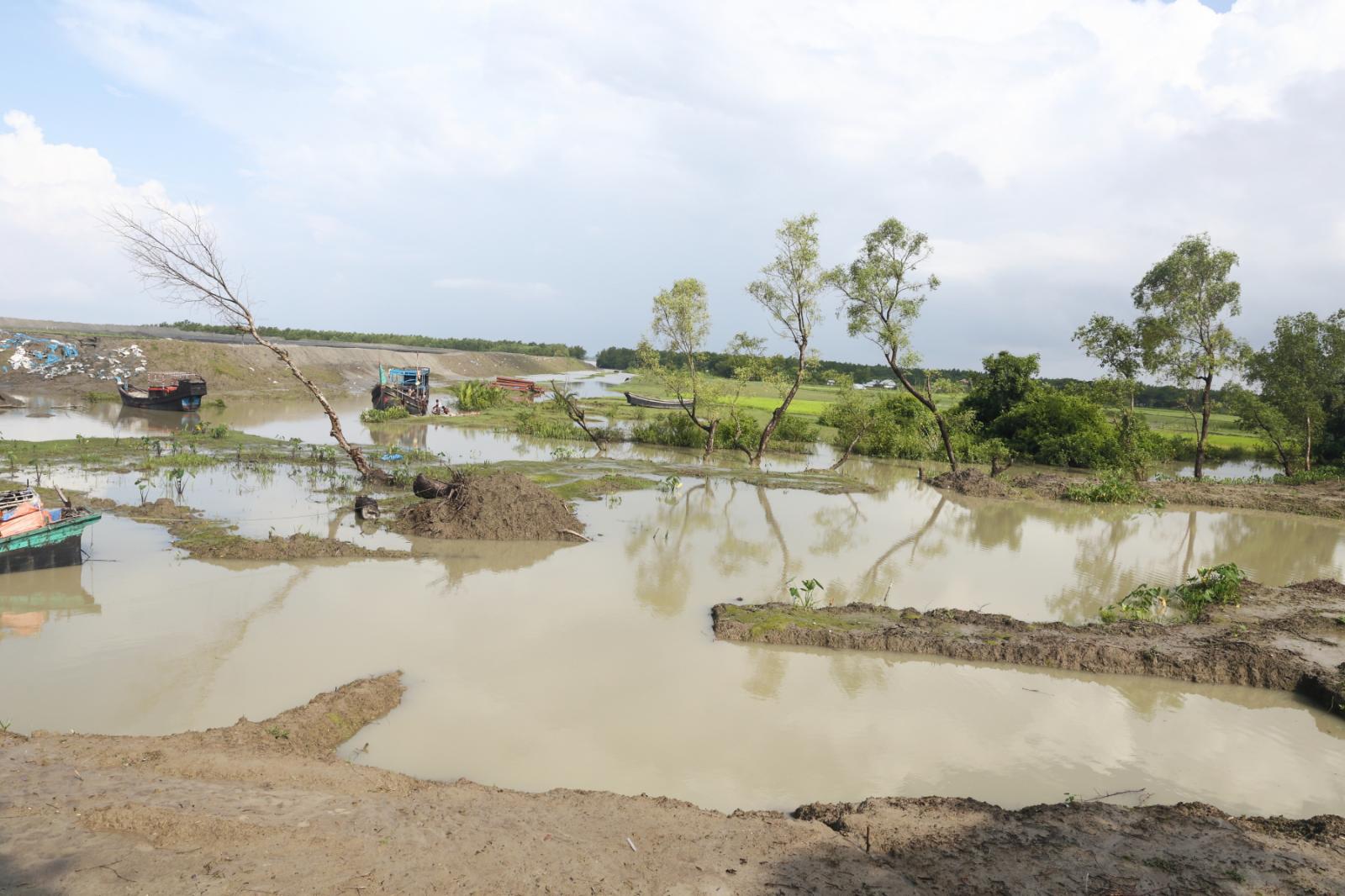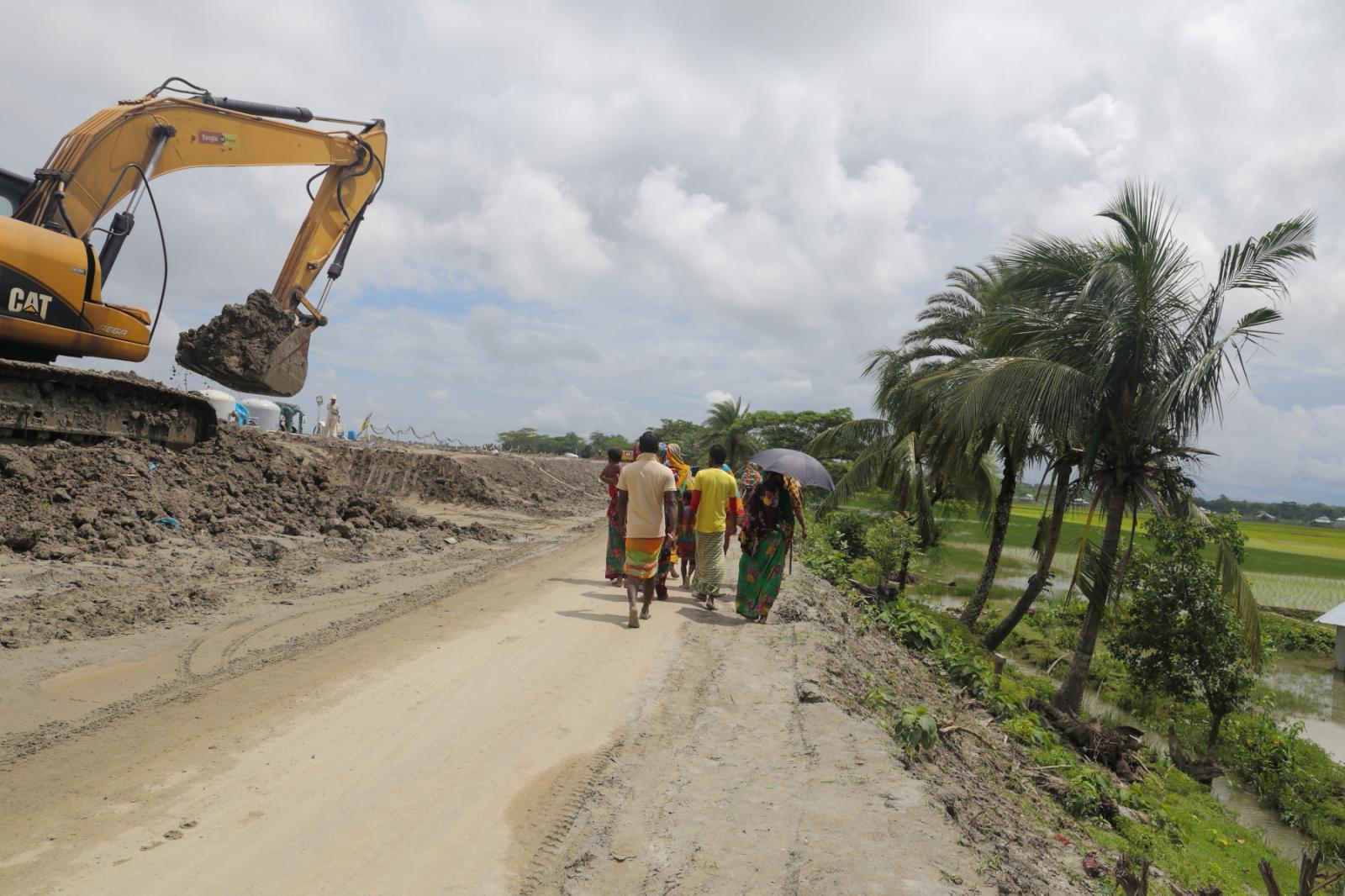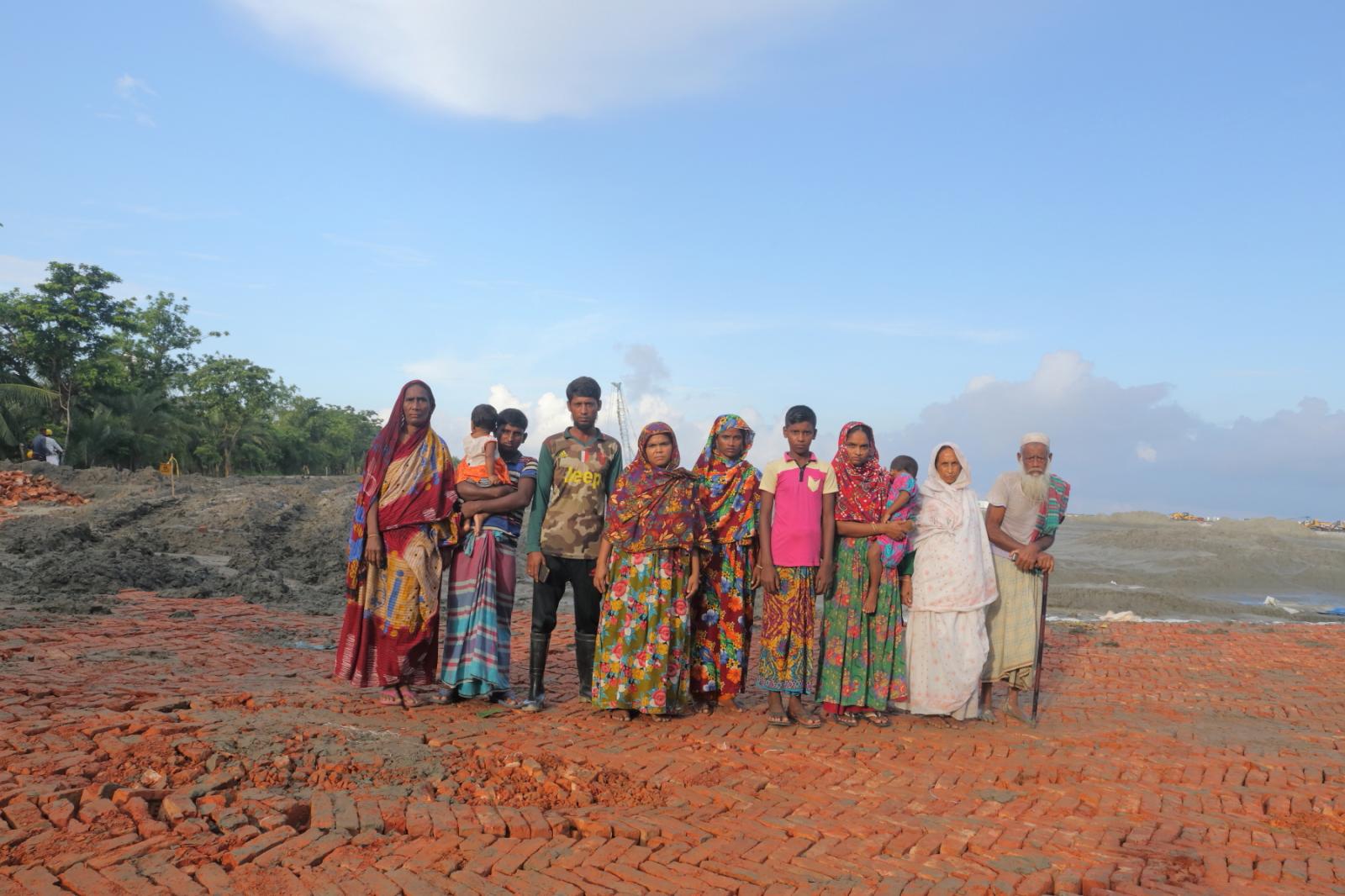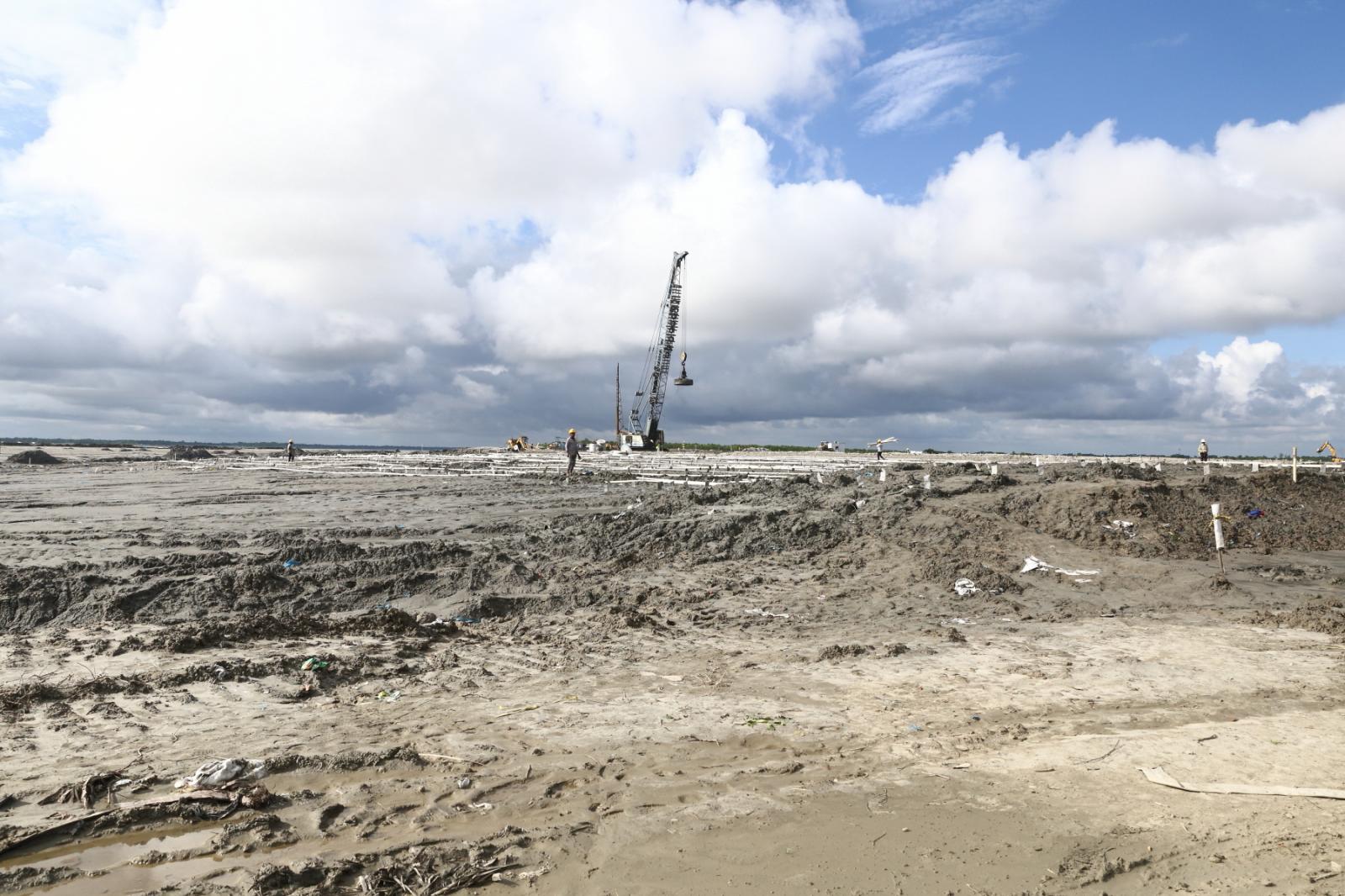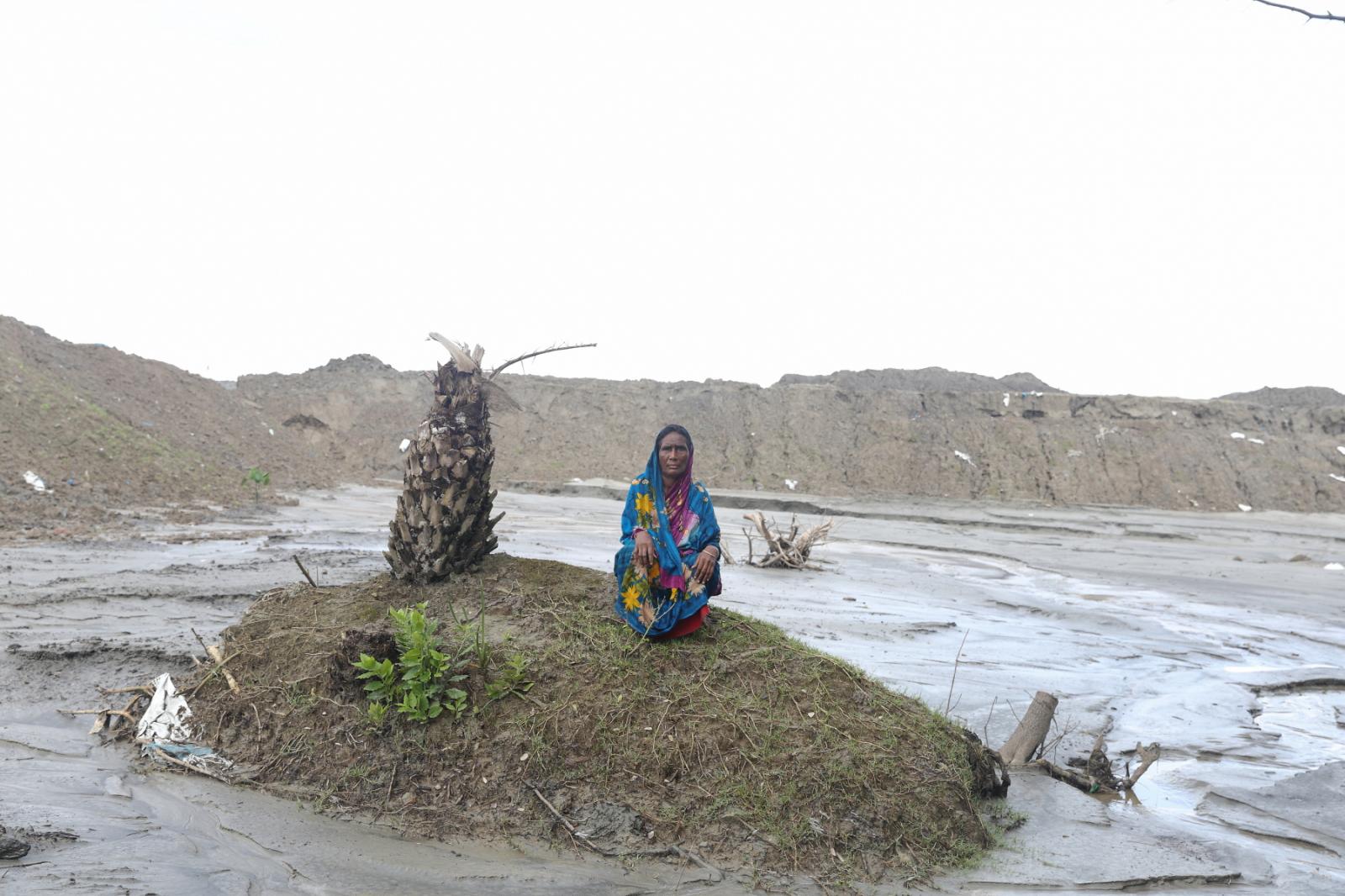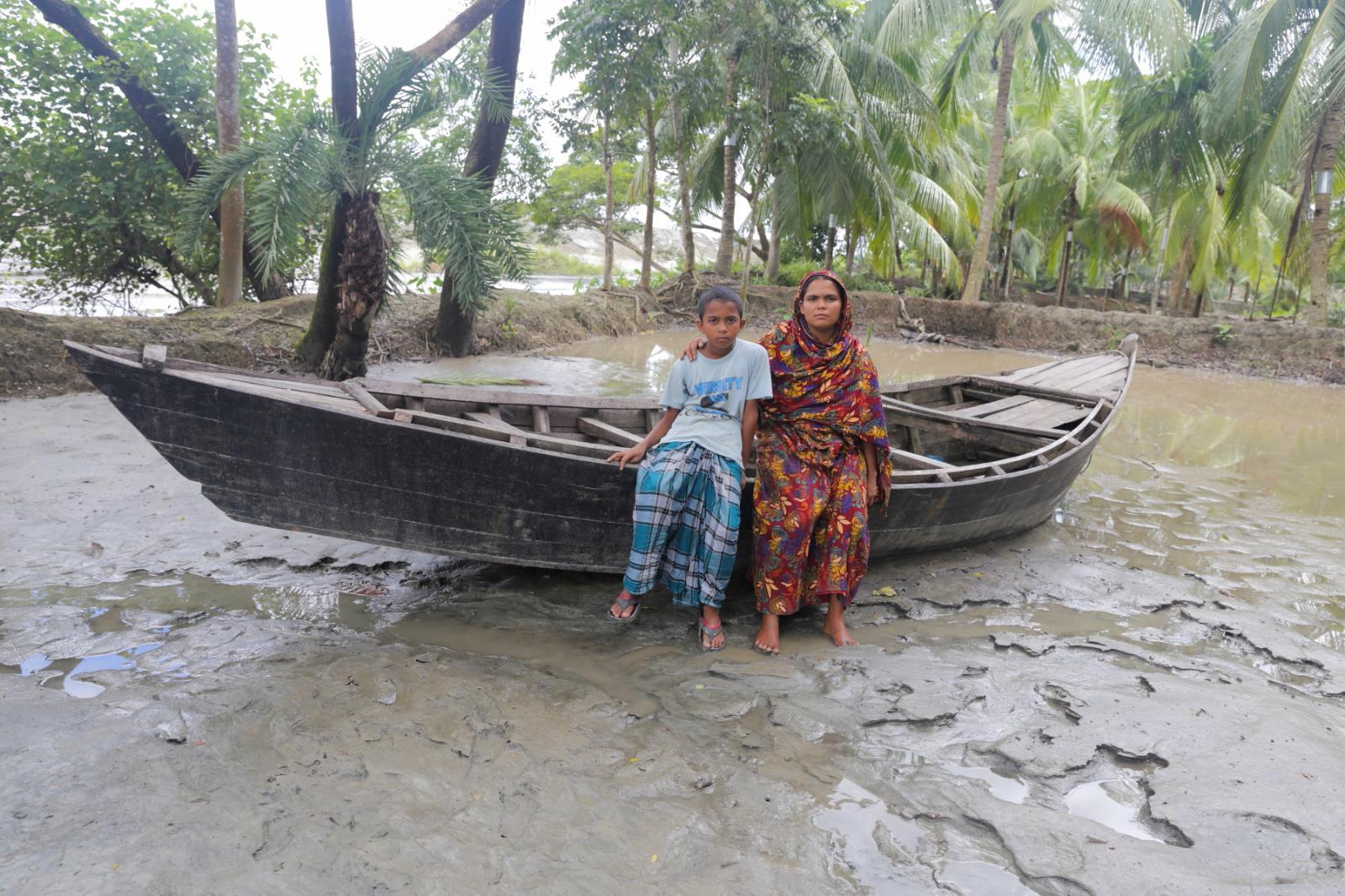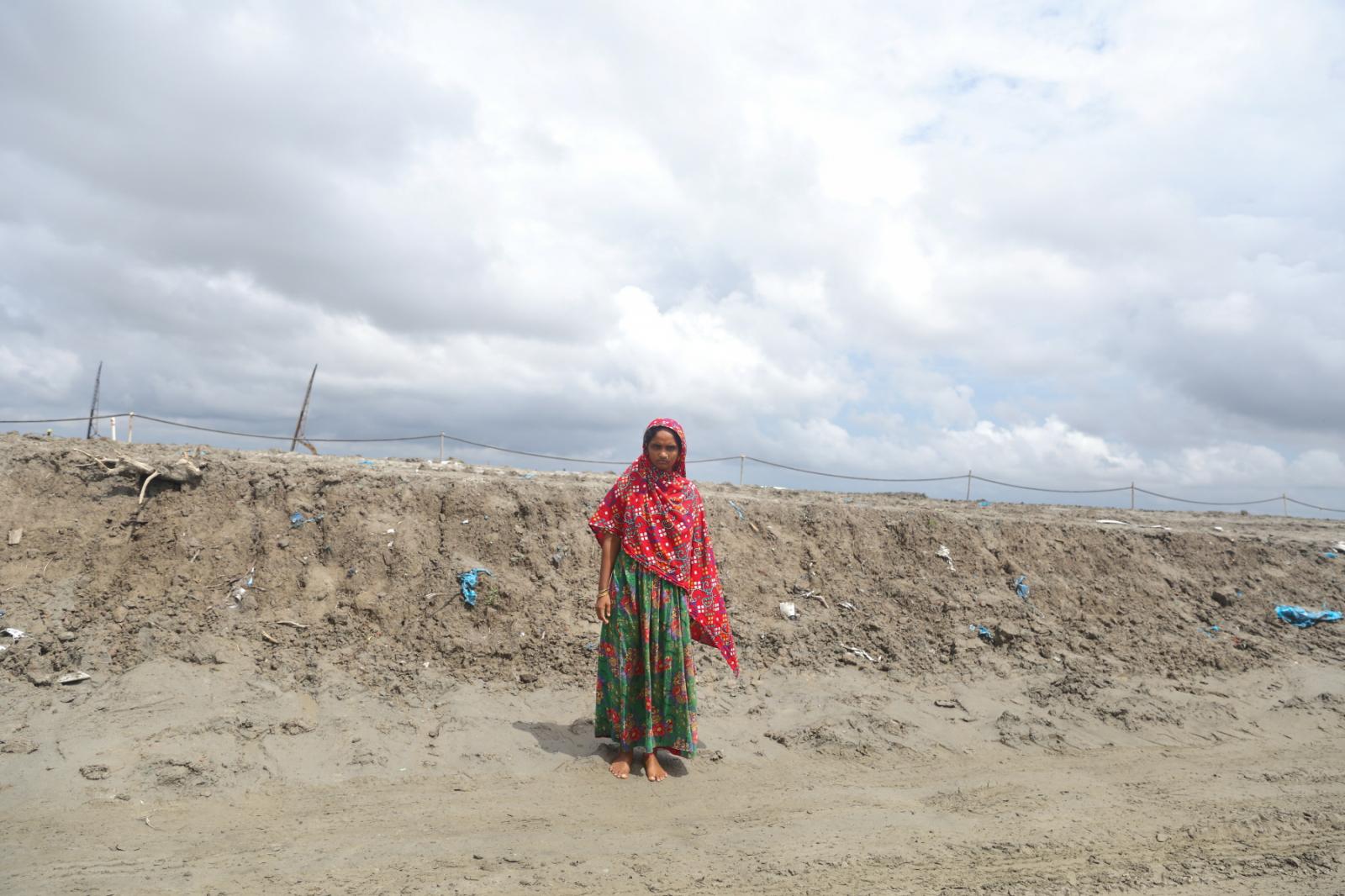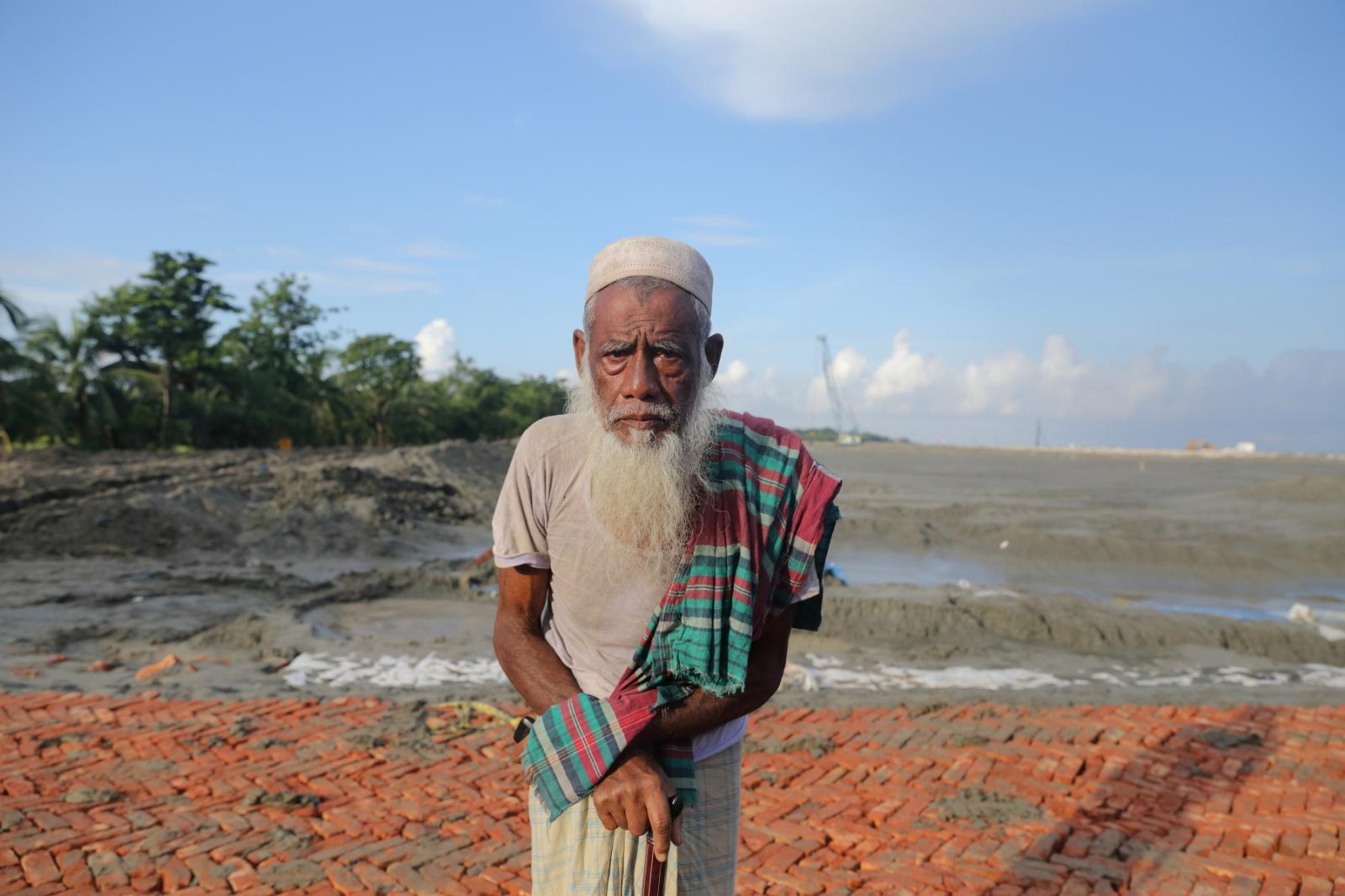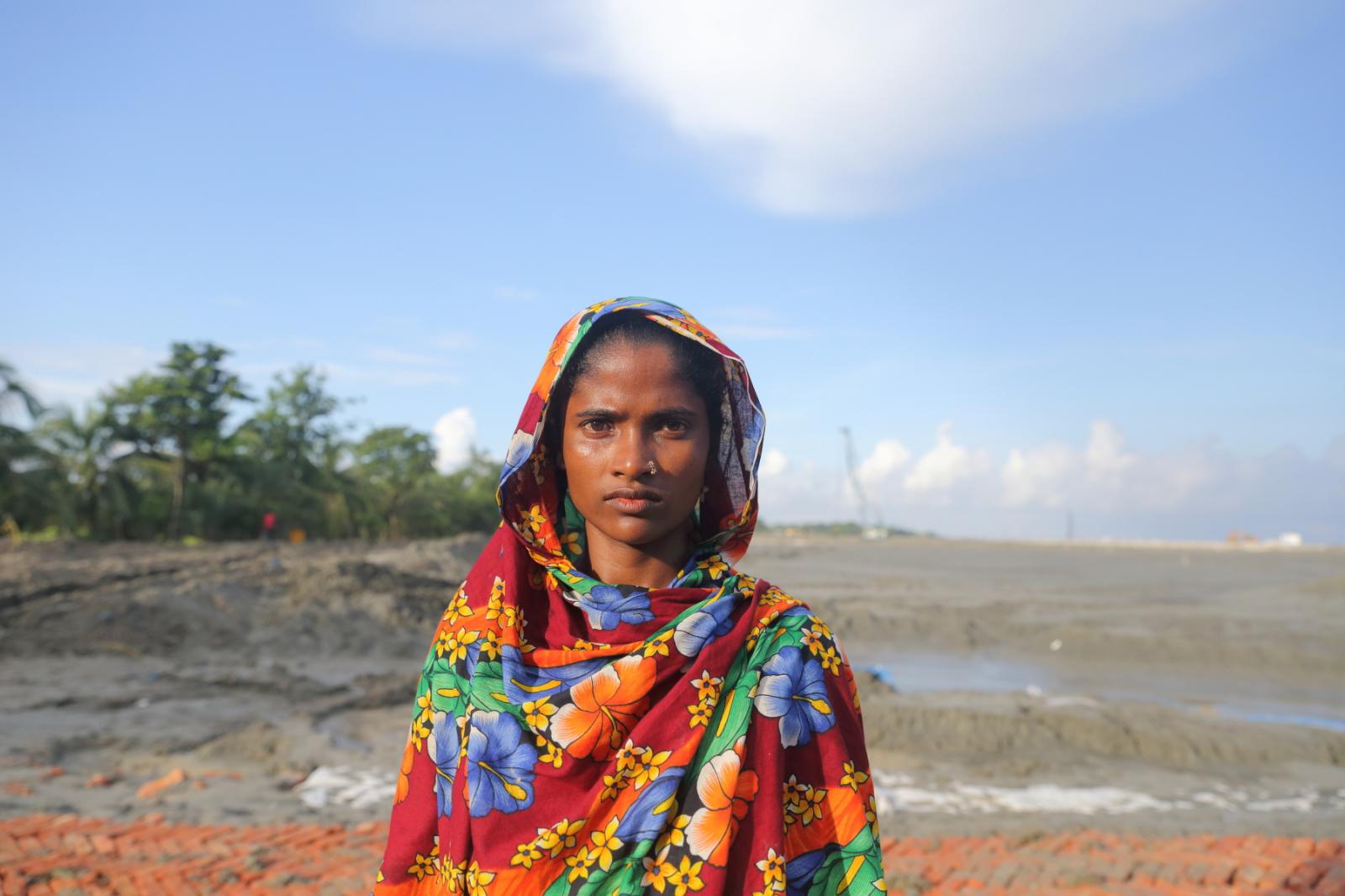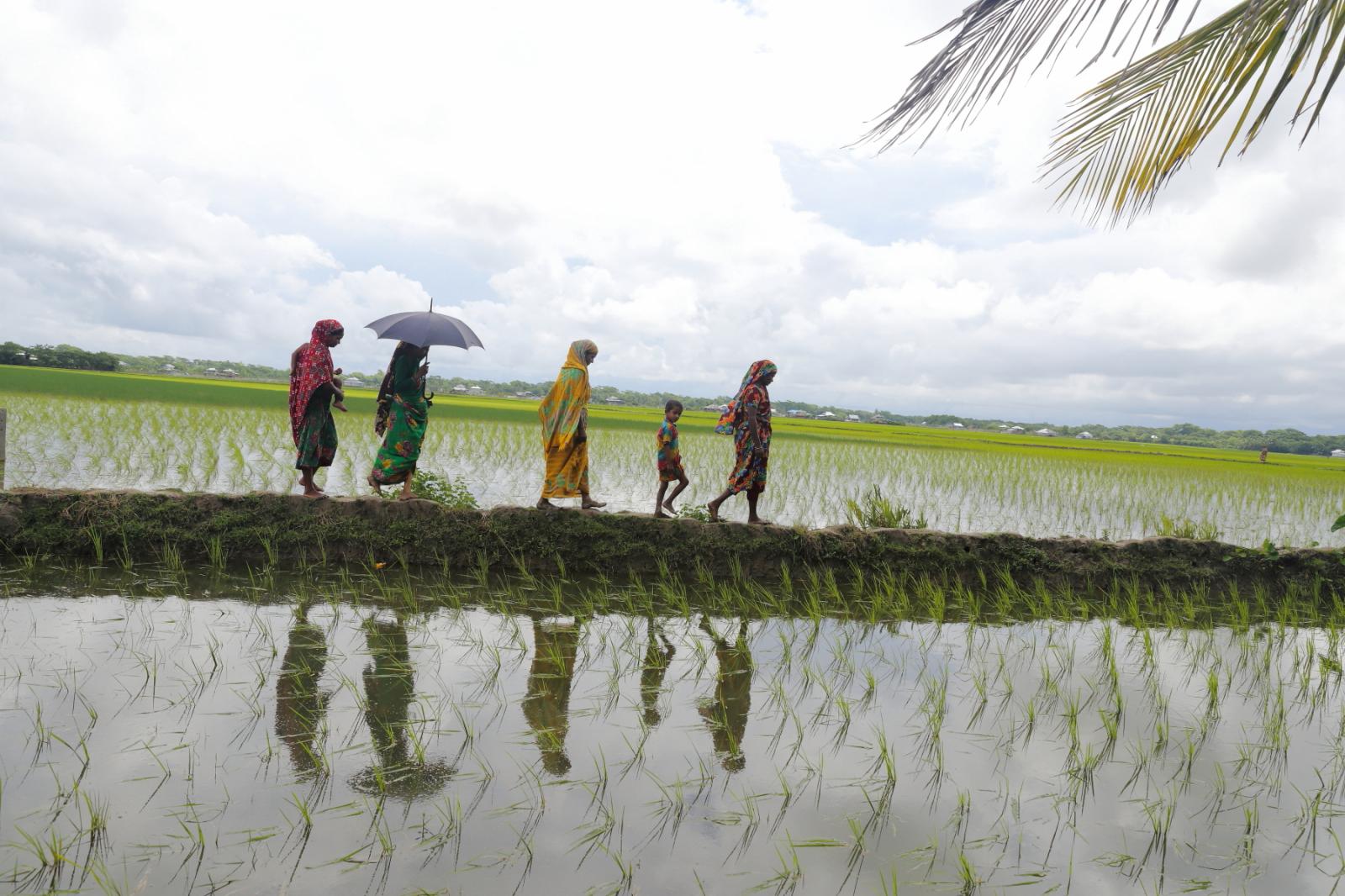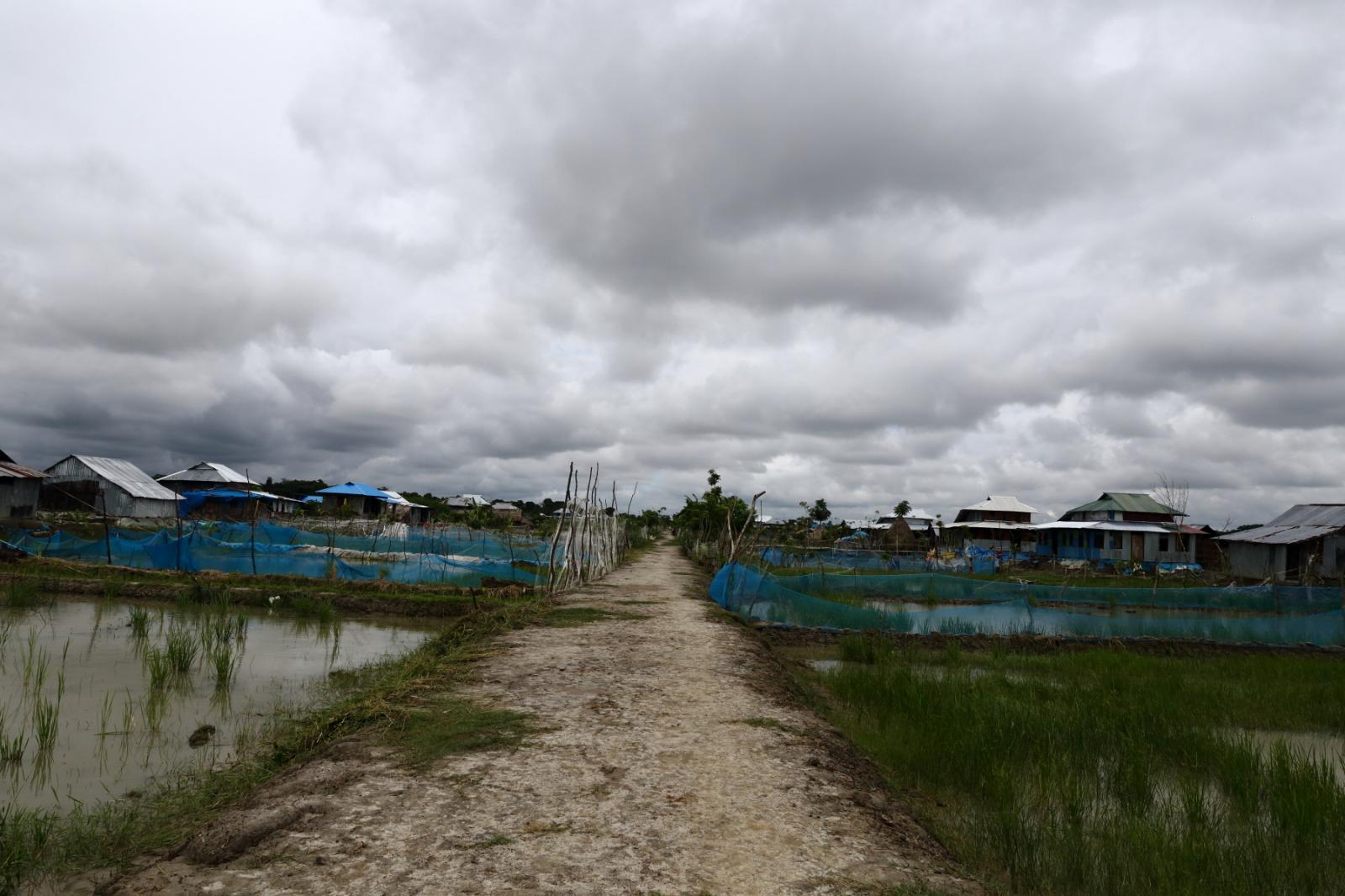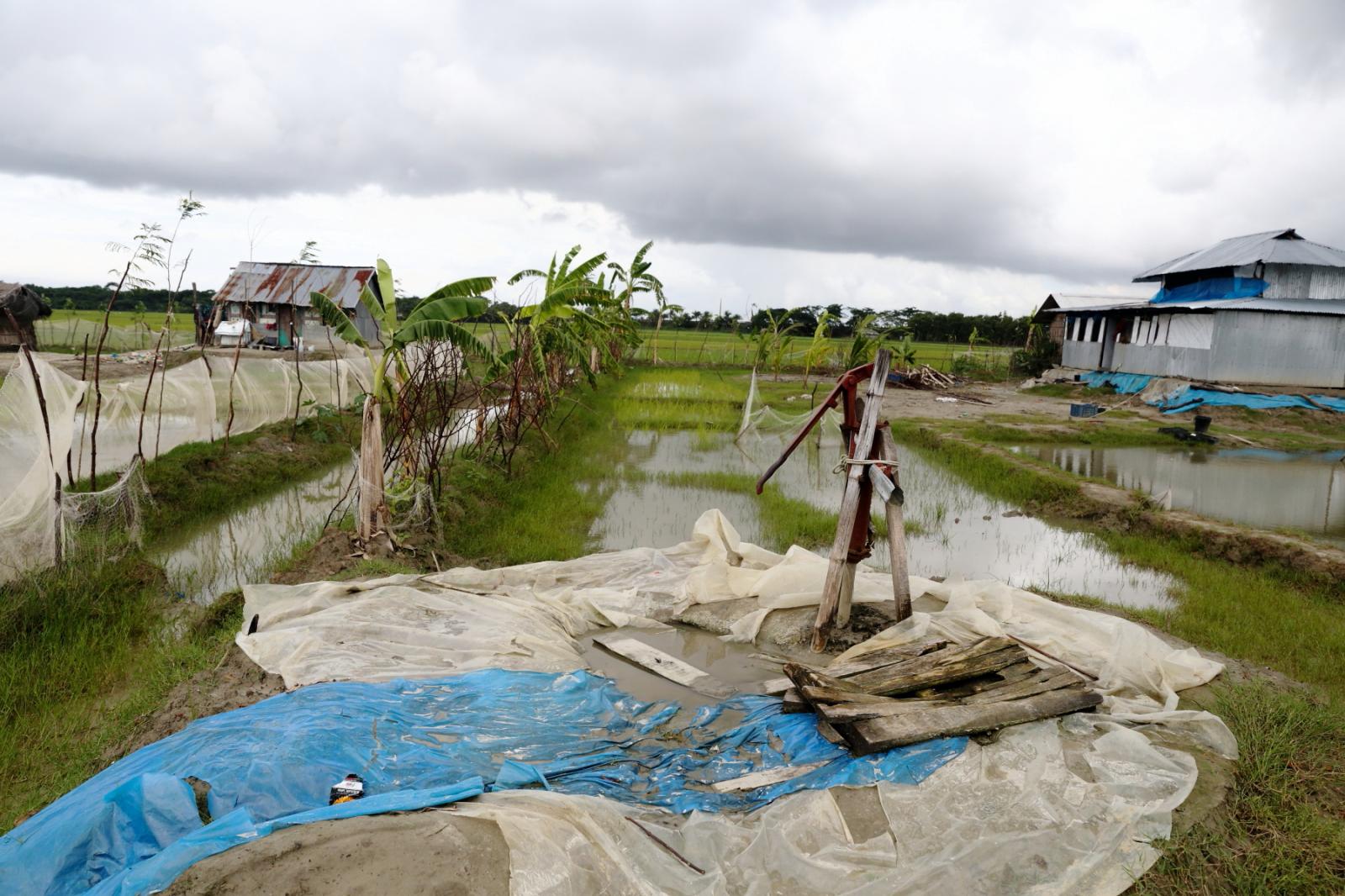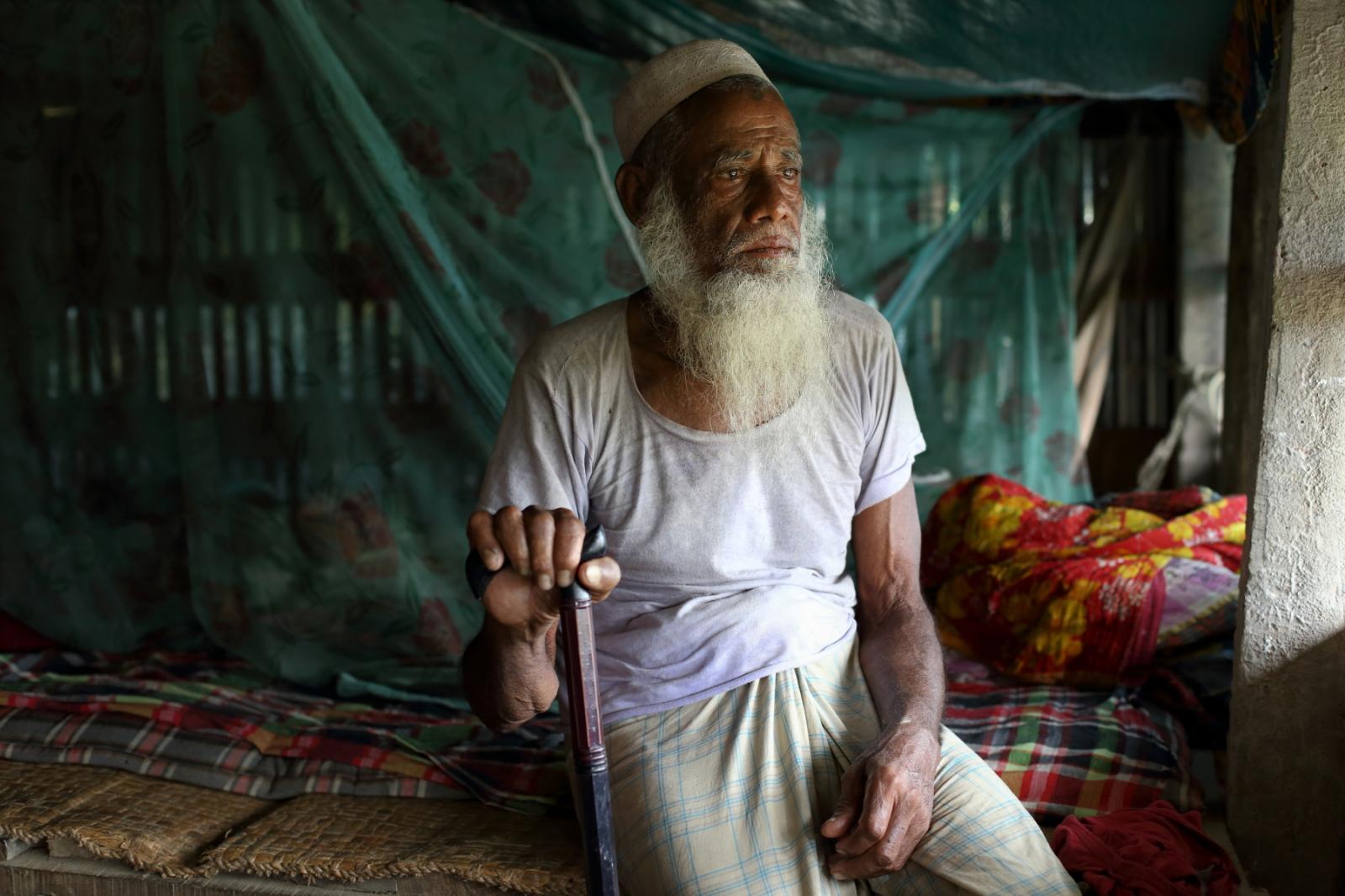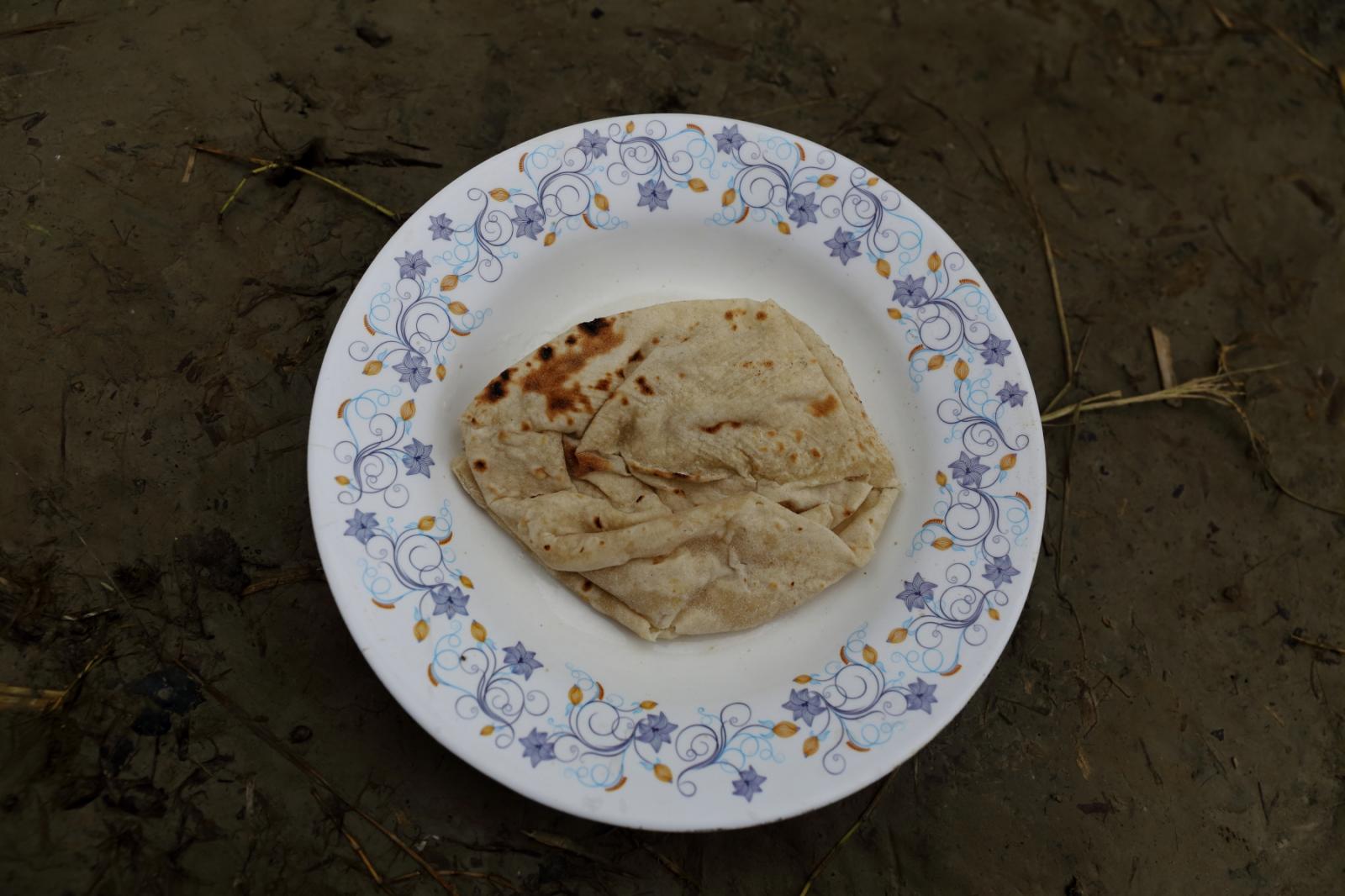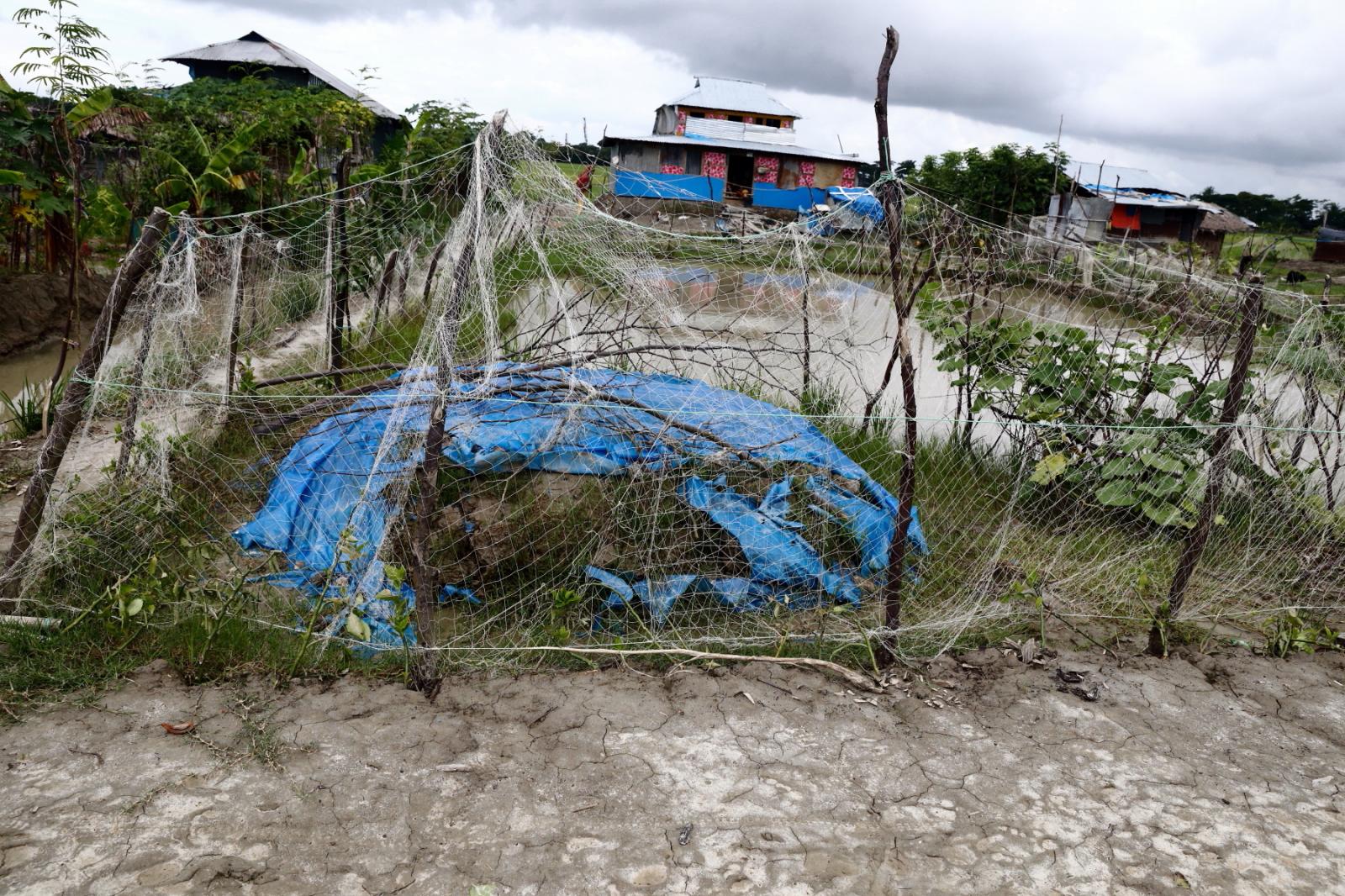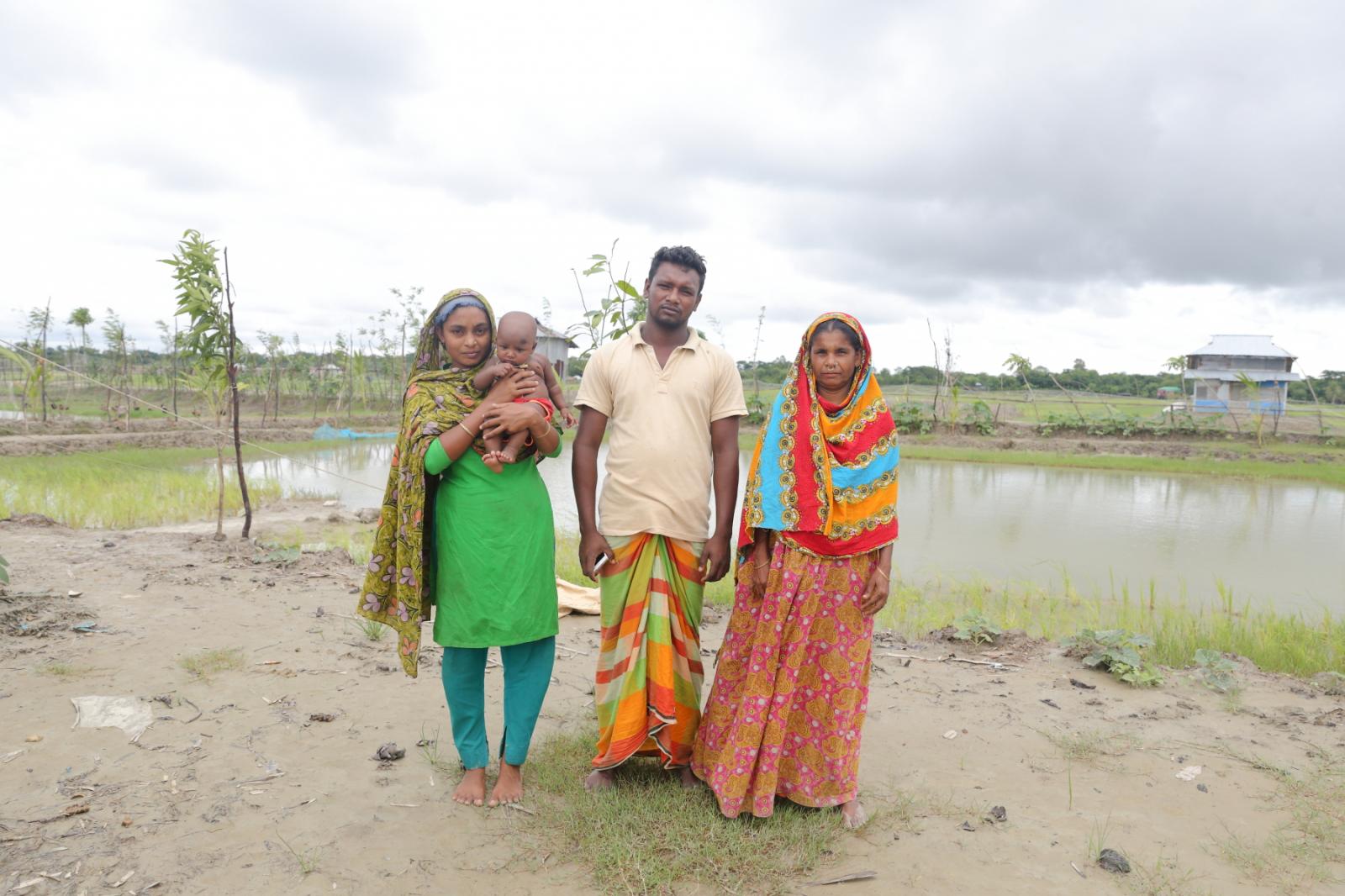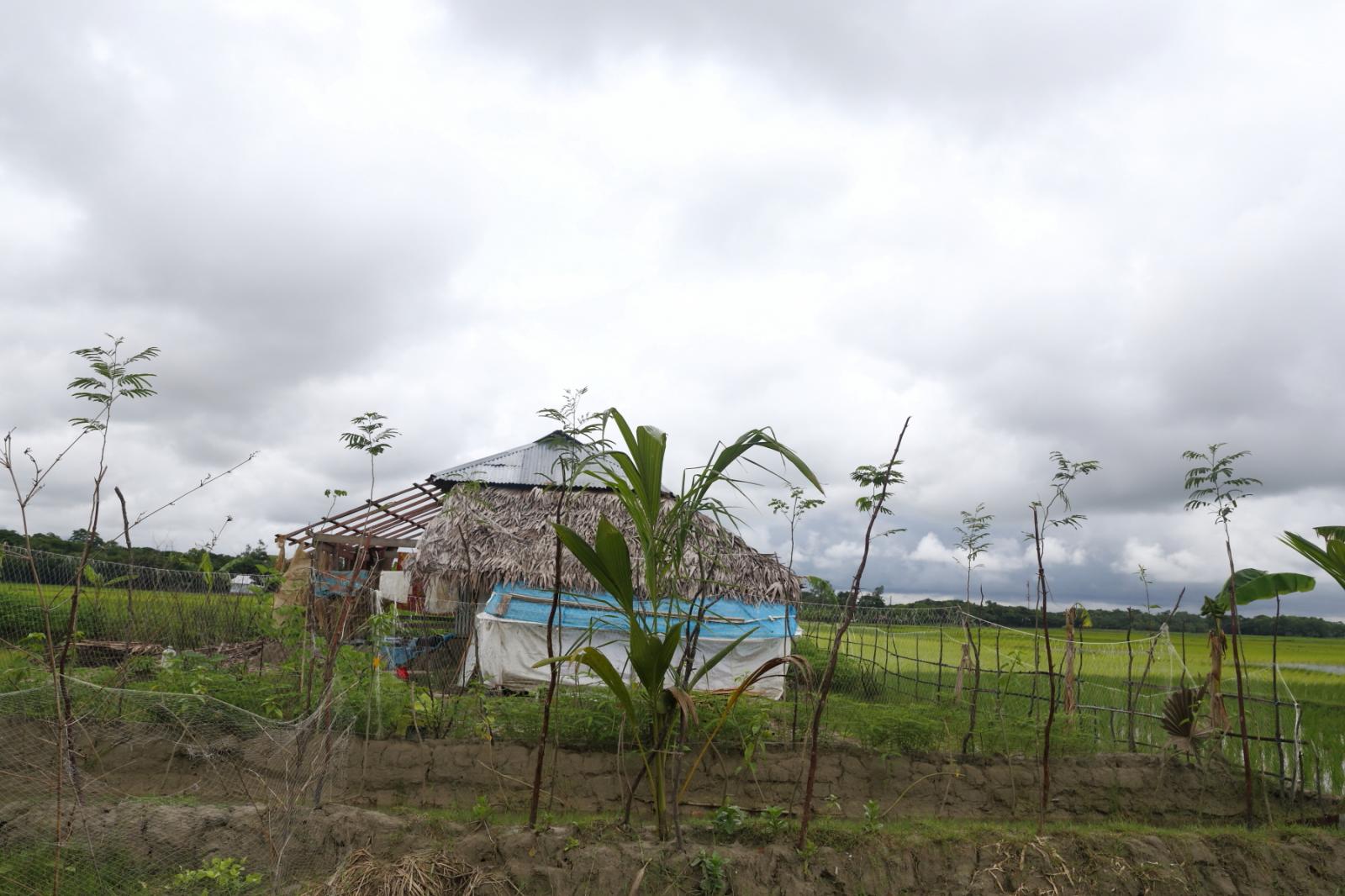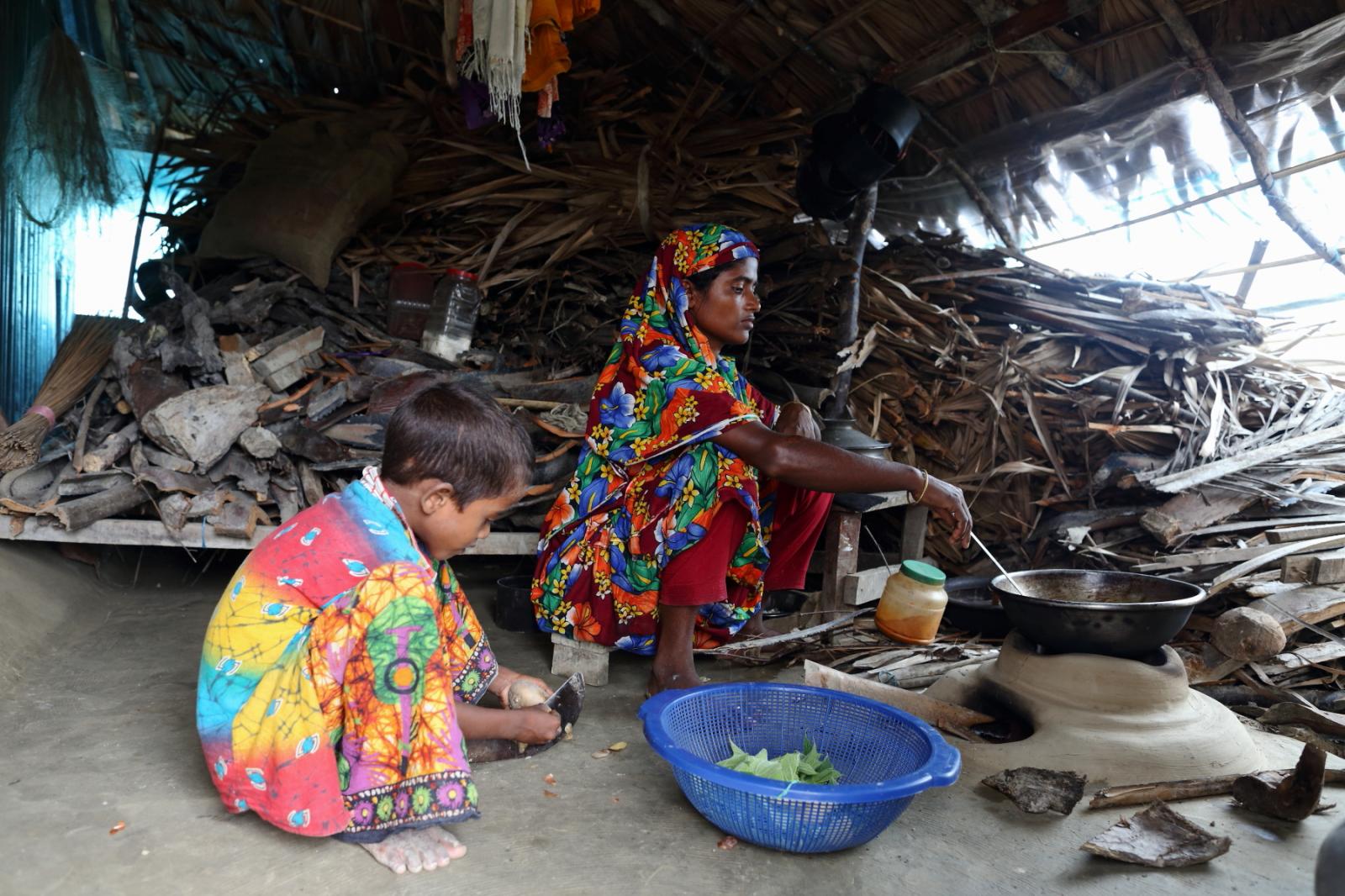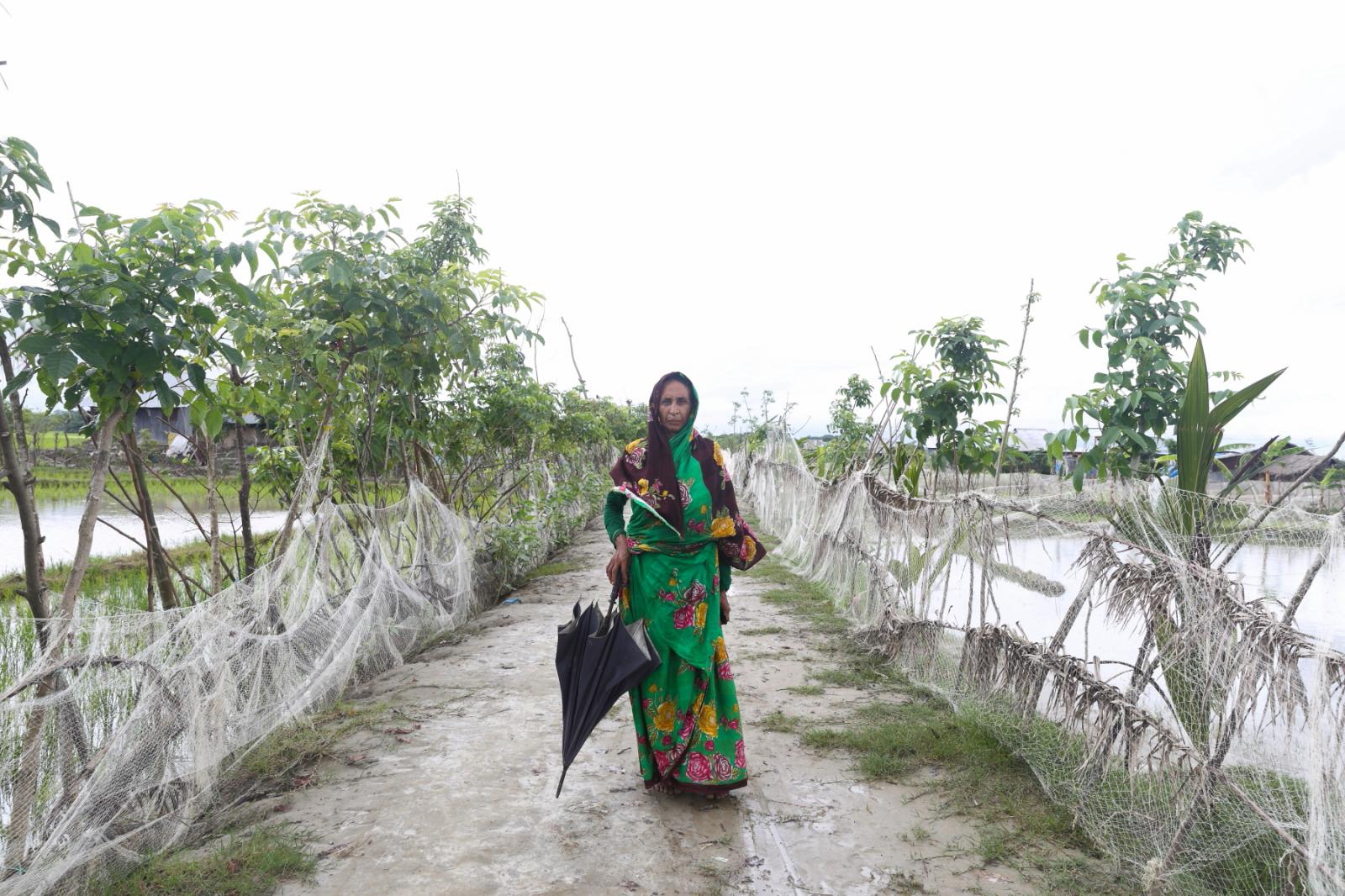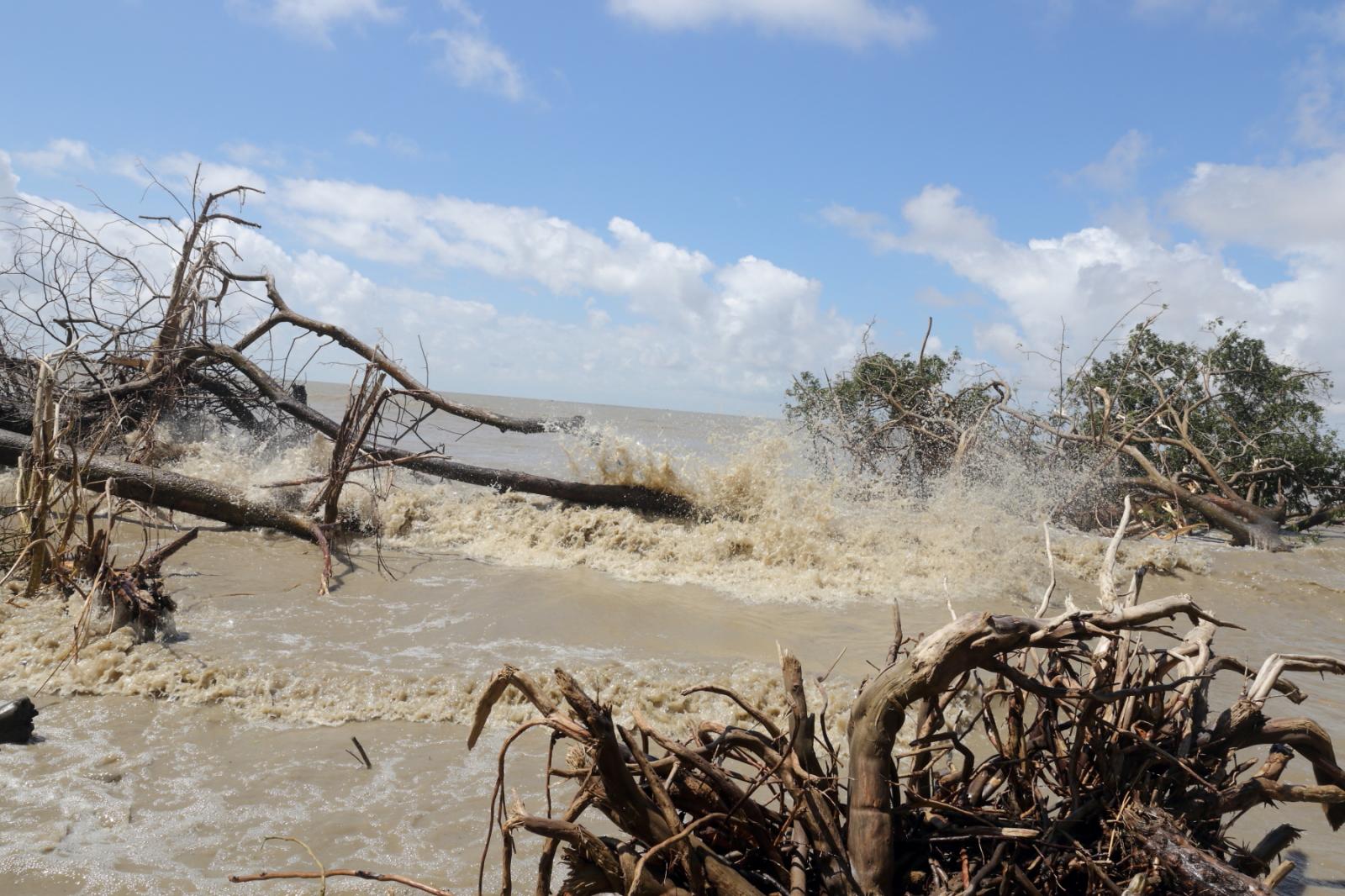Private Story
The Silk Road
The Silk Road
By Standing still in sand which once was the canal and the route to the sea, villagers watch ongoing construction of Coal-based thermal power project on the shores of the Bay of Bengal in Bangladesh. A 300-acre site was selected for the project at Taltali upazila in Barguna. The village is located roughly two hundred ten miles south of Dhaka. One can see forests of mangroves and palm plantations at the other side from the villages, which are falling victim to increasingly aggressive cyclones, tidal surges and rising seas. Villagers are worried for the forest as the power plant possess treat to it. The power plant is being constructed an area surrounded by reserved land having wildlife and fish sanctuary. In Bangladesh, the effects of climate change are happening now, it may lose more than ten percent of its land to sea level rise within a few decades. A little more than a decade ago, in 2007, and then again in 2009, cyclones battered the coastline destroying homes and structures and drowning entire villages. The storm submerges forests of mangroves. Now again within a year now, fishermen of this village and their families had to leave because there are no other option left to them to fight. They were forced to evacuate the land for the coal-based thermal power plant. The broker compensated for their rice fields, home, ponds, and gardens with an amount of 1.5 lac taka ($1700). Once this landscape was surrounded by fields of rice, trees and grasses. Their children played in the canal or chased water snake slithering out of the flooded river fields. But now the place has been deserted. For the ongoing construction of coal based power plant project the only canal the village had was blocked by sand as part of the construction of the plant. Now the village is visibly divided into two parts. High land acquired by the power plant and low land where villagers were forced to relocate. During this year flood the entire village was under water and remained water blocked for months. The plant site remained dry and secured. The main profession for the villagers is fishing, and they occasionally work as farmer. The population of the village is more than 5000 and they Muslim majority. Now there is no work and many men are forced to take labourer job in the plant site simply to bring food in the table. Just after evacuating 300 acre areas and it’s all trees, forest, rice fields in winter, the climate has changed and villages’ experiences severe summer this year. The villagers are still learning what danger will arise from the new altered atmosphere. Now scarcity of drinking water is real. After a long debate with neighboring villages, villagers are allowed to bring and share from other neighbors. To explain how children are facing this situation one villager worried said, ‘The children have been getting sick. We will face the consequences soon. They (power plant project) have to be responsible”

